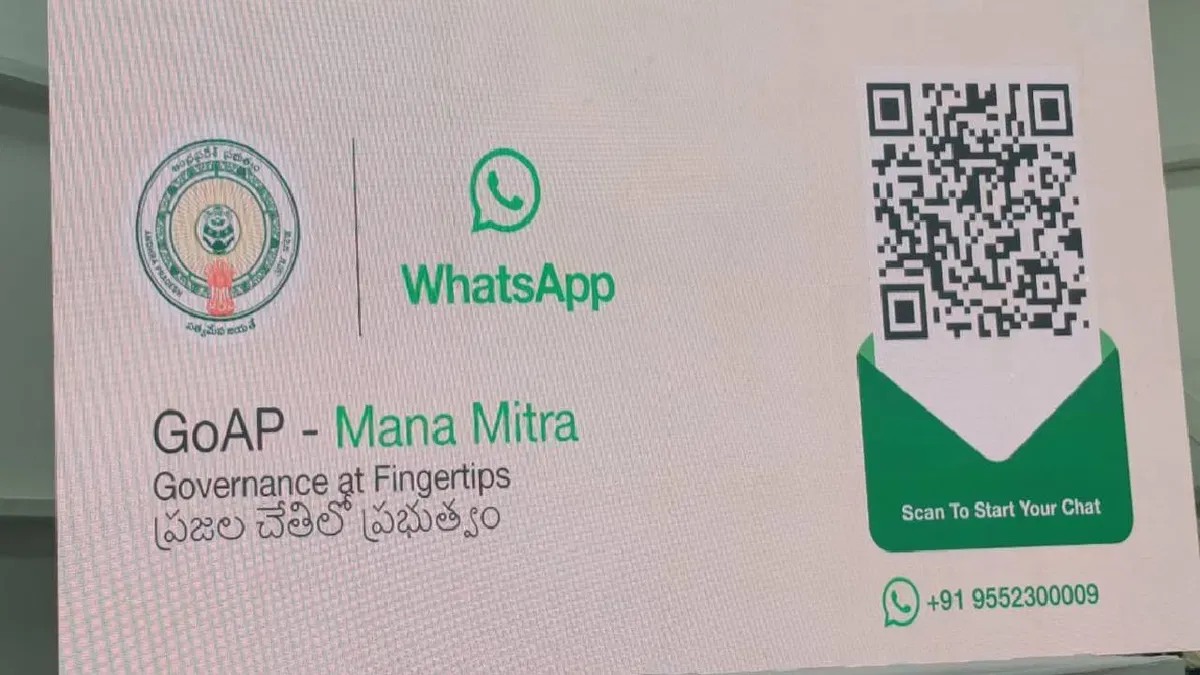
Date: February 03, 2025
WhatsApp Governance in AP: Debunking Myths, Ensuring Security
WhatsApp Governance in Andhra Pradesh: Debunking Myths & Ensuring Security
The Andhra Pradesh government has introduced an innovative WhatsApp-based governance system, making 161 civil services accessible at the fingertips of its citizens. This initiative, spearheaded by Nara Lokesh, aims to modernize public service delivery and enhance government transparency. However, despite its benefits, political opponents have raised concerns regarding data security and privacy.
While critics claim that WhatsApp governance compromises user data, a closer look at its infrastructure and security protocols reveals otherwise. Let’s break down the myths vs. facts surrounding this system.
How WhatsApp Governance Ensures Data Security
✅ End-to-End Encryption
WhatsApp uses end-to-end encryption, ensuring that messages remain private and cannot accessed by WhatsApp or third parties. This is the same security protocol used globally by banks, financial institutions, and governments.
✅ Secure Government-Integrated API
The Mana Mitra program runs on the official WhatsApp Business API, which is designed for enterprise-level security. Leading banks, airlines, and international organizations use the same system to protect sensitive data. There is no risk of data leakage or misuse in this process.
✅ No Data Storage on WhatsApp
Contrary to misinformation, WhatsApp does not store any user data from government transactions. Instead, all data processed and secured within the Andhra Pradesh Government’s digital infrastructure, ensuring multi-layer encryption and security compliance.
✅ Government’s Commitment to Privacy
The Andhra Pradesh government has taken strict measures to ensure that citizen data remains protected. With state-of-the-art encryption, firewalls, and secure digital frameworks, users can access government services with full confidence in data privacy.
Debunking Political Misinformation
It is unfortunate that certain political groups are spreading misleading narratives about this progressive governance model. While political rivalries expected, undermining public welfare projects for political gain is counterproductive.
The WhatsApp-based governance system designed to empower citizens, reduce bureaucratic delays, and make government services more accessible. Andhra Pradesh is setting an example for digital governance in India, and with the right public awareness, this initiative can revolutionize service delivery.
By embracing technology and transparency, Andhra Pradesh continues to move towards a more efficient and citizen-friendly administration.